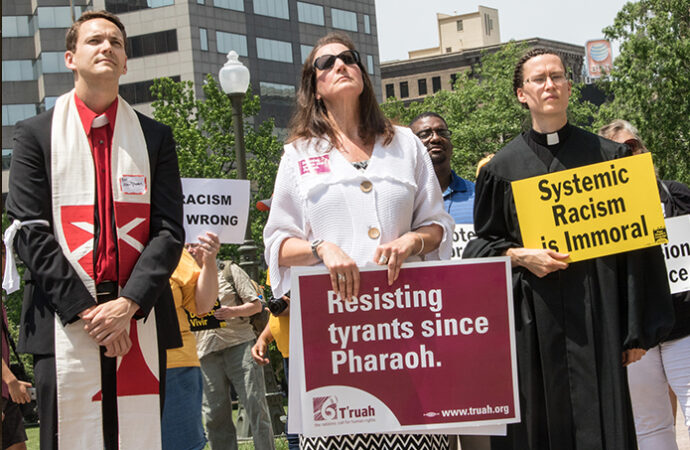In college I took a course on debating and argument. Well, to say I took the course may be a stretch; I dropped it after a few days after pushing back against the politics of my classmates and receiving this assertion from my instructor in response:
“Institutional racism is a fact whether or not I can prove it.”
If that was the standard of debate in the class, I figured I was not going to be learning very much that semester, and my time and money would be better spent… well in almost any other class at the University of Minnesota.
Unfortunately, this seems to be the standard of most, if not all, of America’s political discourse at the present moment. Kids far too young to understand politics are taken to protests by overeager parents; college grads pledge allegiance to Black Lives Matter without understanding what the group pledges itself to; and politicians argue that any and all aspects of COVID-19 social engineering are worth it “if it saves just one life,” regardless of the effect those policies have in their own right.
In all of these arguments, from institutional racism to the need of the government to enforce pandemic lockdowns, one key item is utterly and transparently missing from the philosophies of journalists, politicians, broadcasters, and the so-called experts who dictate how their fellow citizens ought to behave.
America has lost its grasp on the concept of personal agency.
People are no longer rational actors – or even irrational ones – to policy makers and activists. They are mere statistics. Although written in 1962, Frank Meyer’s words from In Defense of Freedom have come to a head once again in 2020:
“[I]n the prevailing intellectual atmosphere the very concept of a theoretical enquiry into political and social matters which is based upon a moral or philosophical value system and developed in terms of the nature of man is the subject of scorn. By a misleading analogy with physical science—where the objects of study are but objects, without subjectivity, will, conscious self-direction—social theory becomes ‘the social sciences’ and political theory becomes ‘political science,’ disciplines conceived in slavish imitation of the natural sciences.”
This is how we end up with “white privilege” and “systemic racism.”
There is no individual, only groups and the nebulous “system” which supposedly raises one group up while oppressing the other.
There is no such thing as a racist person, only a racist people.
It is unthinkable to assume individuals will act with personal responsibility and make safe decisions for themselves and their loved ones in the midst of the pandemic. No, the government knows best. After all, the data and the experts reside at the federal level. What does it matter what an individual’s “moral or philosophical value system” says that might inform their decision-making process?
Meyer goes on to argue that the learned authorities of politics “are in agreement that political science is limited to an analysis of what is, that it has no relationship to moral or philosophical enquiry.” He also notes that this attitude has also deeply influenced journalists, broadcasters, and politicians. Is it any wonder then that our discourse is so absolutist and toxic?
This situation leaves individuals with little, if any, free will on which to make informed and reasonable choices. Yet, as the Catechism of the Catholic Church states:
“Freedom is the power, rooted in reason and will, to act or not to act, to do this or that, and so to perform deliberate actions on one’s own responsibility. By free will one shapes one’s own life. Human freedom is a force for growth and maturity in truth and goodness; it attains its perfection when directed toward God, our beatitude.”
When we tell people there is no choice but to pursue one policy over another, when we tell them that their situation is the fault of an oppressive class (be that the billionaires, the whites, or any other group) we rob people of agency. There are always choices to be made. To argue otherwise is dishonest and intellectually lazy.
Meyer wrote that man “lives between good and evil” and that he “fulfills his destiny in the choices he makes.” “The power to make choices, this innate freedom lies at the center of the drama of human existence.”
We must resist the urge to strip human agency and free will from our public life, for only tyranny lies down that road. History has already seen far too often the atrocities that a godless society based on group warfare perpetuates.
—
Dear Readers,
Big Tech is suppressing our reach, refusing to let us advertise and squelching our ability to serve up a steady diet of truth and ideas. Help us fight back by becoming a member for just $5 a month and then join the discussion on Parler @CharlemagneInstitute and Gab @CharlemagneInstitute!
Image Credit:
Flickr-Becker1999, CC BY 2.0
















Leave a Comment
Your email address will not be published. Required fields are marked with *